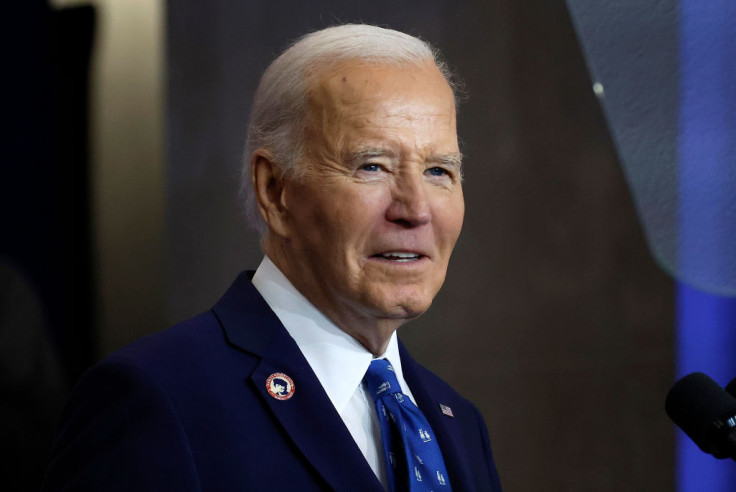
As Israel and Hamas have reached a ceasefire deal following more than a year of fighting, eerie similarities between Joe Biden's hostage release deal and the deal made with Iran by former President Jimmy Carter have not gone unnoticed.
The ceasefire created by Biden announced Wednesday agreed to release the Israeli hostages held by Hamas in return for Israel removing its forces from the Gaza Strip. Both sides are expected to complete their agreements in a series of phases.
Biden's announcement comes less than a week before Donald Trump is set to take office, leading to comparisons between this deal and the 1980 October Surprise theory.
The theory arose in 1980, following a series of articles alleging that Ronald Reagan had convinced Iranian officials to push back the release of American hostages captured during the Iranian revolution in November 1979 so that they would not be released until after the presidential election.
Although the allegations were first published in 1980, they did not gain major attention until Gary Sick, who served as Carter's Iranian expert on the National Security Council, wrote about the allegation in a 1991 editorial published in the New York Times.
Sick alleged that a secret deal was made in October 1979 to delay the hostages' release as Reagan was worried that if the hostages were released during Carter's term, it would help him win the election, though evidence of this has been determined to be insufficient.
At the time, Carter was seen as a more safe, patient president, whereas Reagan was not as predictable, journalist Mark Bowden said in his 2007 book "Guests of the Ayatollah."
"Many Americans would applaud a bold, punitive move by the new administration, even if it was a bloody one. By any calculation, most of the blood spilled would be Iranian. Thus the election results imparted a new urgency to the talks," he wrote.
The hostages ended up being released 20 minutes after Reagan was sworn in as president, however the deal had been made by Carter just before 5 a.m. on Inauguration Day, as reported by Wake Up to Politics.
This time, the deal comes five days before Trump is set to take office, who previously said on Truth Social in December that there would be "all hell to pay" if the hostages were not released prior to him taking office.
While it cannot be said for certain if that contributed to the reason why the ceasefire was accepted, an opinion piece by The Forward questioned about Israeli officials agreeing to a ceasefire that left Hamas in power, which Prime Minister Benjamin Netanyahu previously said he would not agree to.
Regardless of the reason, the deal was made under Biden, which is expected to help give the president his flowers as it took many people longer to give Carter his, Wake Up to Politics reported.
However, the Biden administration has already given some credit to Trump for achieving the ceasefire. The U.S. State Department said during a press conference that Trump's team was "absolutely critical in getting this deal over the line."
© 2025 Latin Times. All rights reserved. Do not reproduce without permission.



